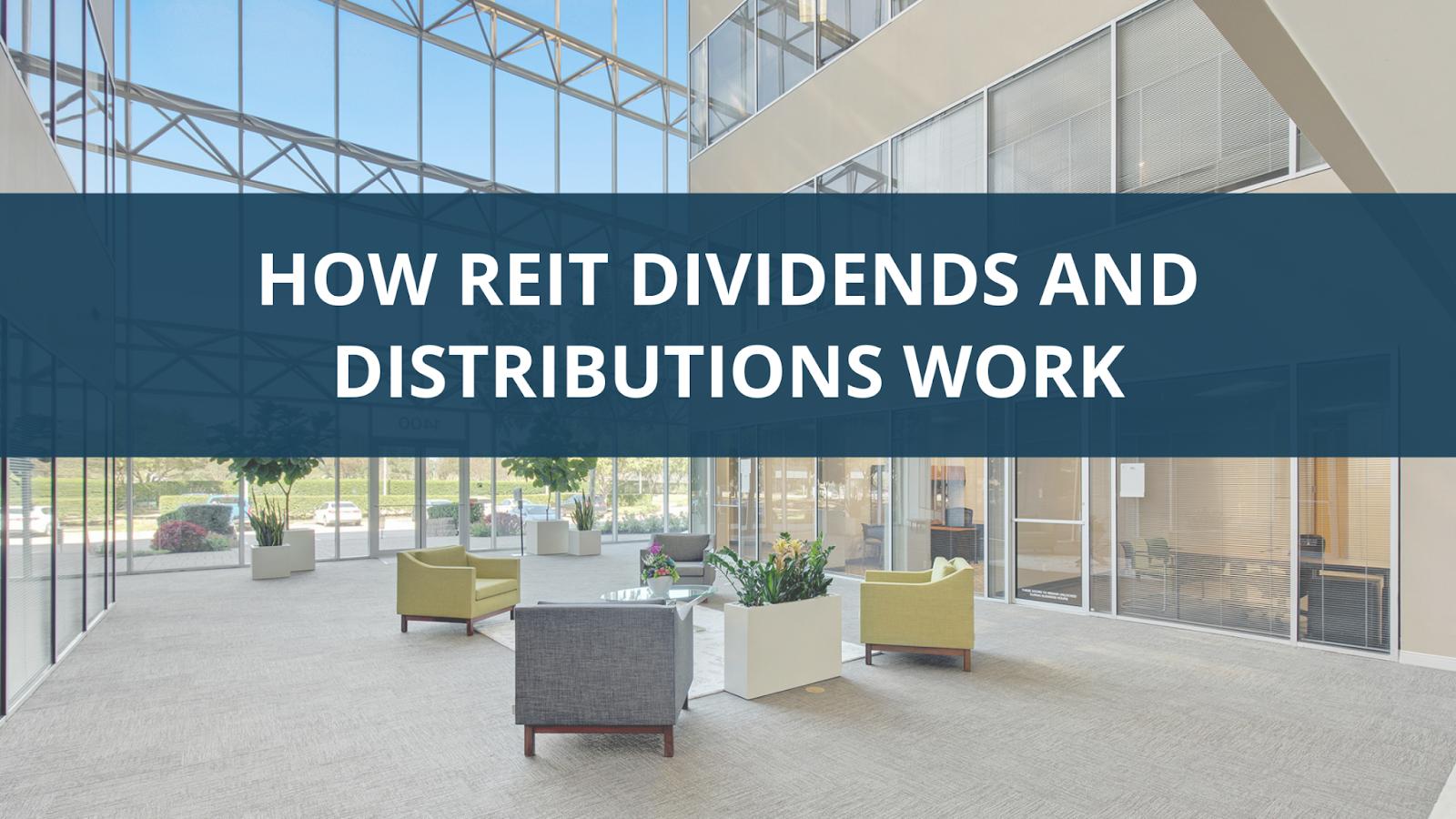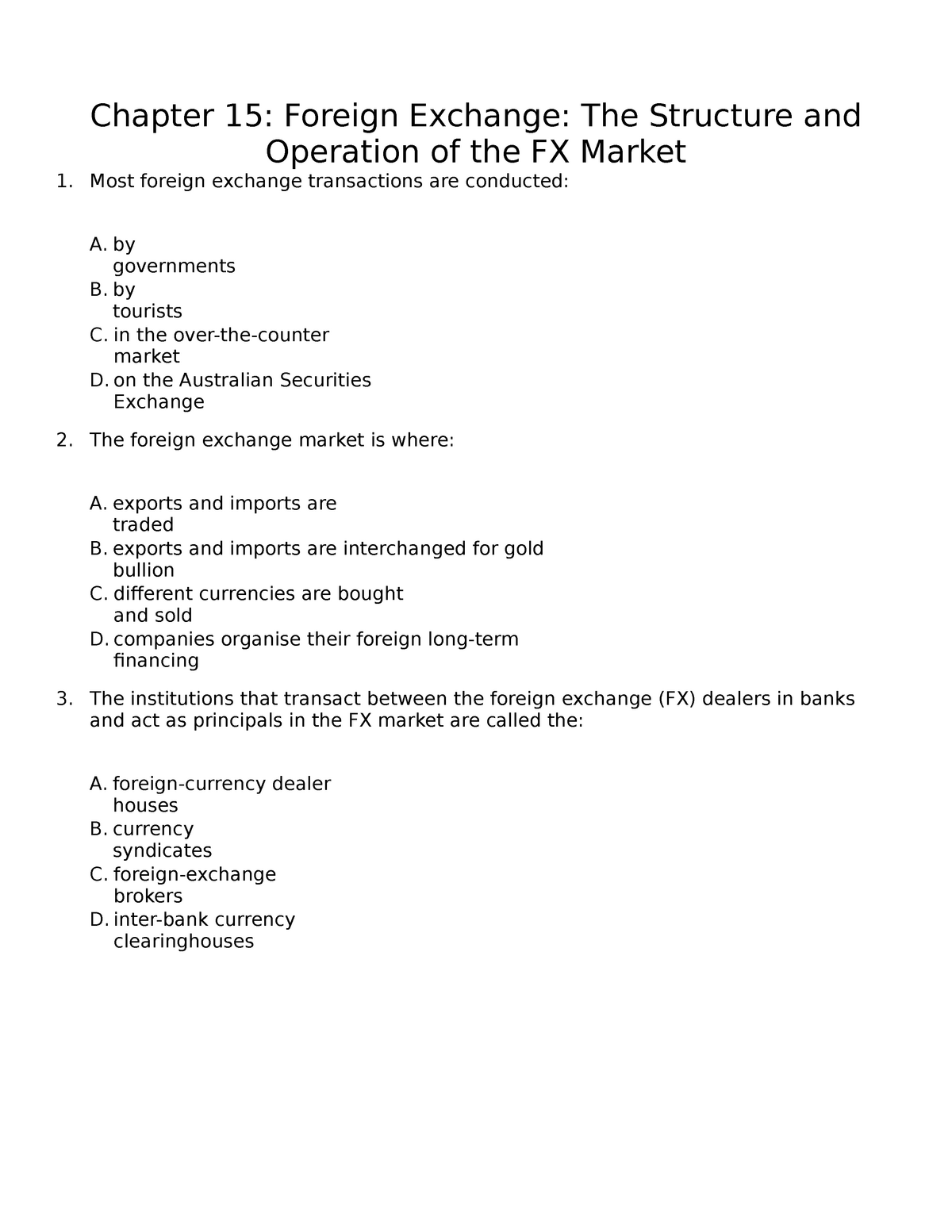
If the market crashes you can still buy stocks at a lower price. Because they are often low-valued, this is a great time for pharma stocks to be purchased. Moderna has lost about half of its value over the last three months due to a slowing in vaccination rates. Intuitive Surgical (ISRG) recently announced Street-beating fourth-quarter results, but COVID has taken its toll on robotic surgeries. Despite the recent drop in Intuitive Surgical, there are a number of companies to consider. Warren Buffett once stated, "Be fearful when other people are greedy." You can make the best out of any situation by focusing your attention on these companies and purchasing them on a dip.
Stocks that can be long-term profitable
You have several strategies you can use as a stock trader to make money from market crashes. Stock markets have always fluctuated in price. Stocks can be bought and sold at a discount during a crash. You can purchase more stocks if you are patient enough to wait for the recovery. You should be aware of these things before you purchase your next stock.
Buy consumer cyclicals and invest in these companies long-term. This will allow you to buy stocks at a low price. These stocks are safe investments, and can often be more lucrative than the entire market. These stocks offer a solid investment option, as they are paid a steady payout and do not suffer from a market crash. In addition, these stocks often have generous dividend yields, which can offset the share price drop.

Diversification
There are two ways to invest in the stock market: avoiding a major decline and purchasing high-conviction assets. If the market is performing well, it may be a good idea to invest in high-tech stocks while avoiding boring sectors. However, bonds may be an option for you if the market has fallen. This will ensure that you don't miss out on major recovery.
An alternative way to diversify your portfolio is to invest in currencies. Cash is a great safety haven but it does not provide the type of return you require. For example, currency pairs are low in correlation. This is because they're less volatile than stocks and they won’t see a price drop at the same. Although diversification is important, this doesn't mean you can avoid all risks.
Tax-loss harvesting
For investors with diversified portfolios, tax-loss Harvesting may be a good option to help them reposition their portfolios as well as reduce the overall tax burden. Some robo-advisors provide tax-loss harvesting strategies for their clients. The important thing is to evaluate your situation and determine if tax harvesting makes sense. Tax-loss harvesting should not be used for the largest losses. However, it can be useful for holdings that do not fit your investment strategy. You can also replace holdings that aren't performing well with another investment strategy.
Another strategy is to take advantage of taxable losses by selling your portfolio. Although it may not be the best strategy for tax, this strategy can still provide diversification benefits. In the example of Devon, he holds a concentrated position in stock A and is planning to sell fund B to reinvest the money in a different mutual fund. The new mutual fund will provide greater diversification at lower costs. When deciding which stocks to sell during market crashes, consider how much tax-loss harvesting could save you.

Buy on the dip
Buying stocks on a dip when the market is on a decline is similar to buying stocks on sale during a market crash. You must be willing to invest cash in order to buy a falling investment to be successful. You need to have an emergency fund and a retirement plan. Cash should also be available for everyday expenses. It is important to have individual stocks that you want to own. Keep a list of all the stocks you would like to own, even if you don't have the money to buy them all.
You might have heard that investing strategies like price targets and dollar-cost-averaging are counter-intuitive for buying stocks on a dip. If you are financially stable, buying shares at a low price might be a good idea. It takes some self-control to buy on a dip. Once you get started, however, you will be glad you did.
FAQ
How are securities traded
The stock market is an exchange where investors buy shares of companies for money. In order to raise capital, companies will issue shares. Investors then purchase them. These shares are then sold to investors to make a profit on the company's assets.
The supply and demand factors determine the stock market price. If there are fewer buyers than vendors, the price will rise. However, if sellers are more numerous than buyers, the prices will drop.
There are two methods to trade stocks.
-
Directly from your company
-
Through a broker
How are shares prices determined?
Investors decide the share price. They are looking to return their investment. They want to earn money for the company. They then buy shares at a specified price. Investors make more profit if the share price rises. Investors lose money if the share price drops.
The main aim of an investor is to make as much money as possible. They invest in companies to achieve this goal. They are able to make lots of cash.
What is a "bond"?
A bond agreement is a contract between two parties that allows money to be transferred for goods or services. Also known as a contract, it is also called a bond agreement.
A bond is usually written on a piece of paper and signed by both sides. This document details the date, amount owed, interest rates, and other pertinent information.
When there are risks involved, like a company going bankrupt or a person breaking a promise, the bond is used.
Bonds can often be combined with other loans such as mortgages. This means that the borrower must pay back the loan plus any interest payments.
Bonds are used to raise capital for large-scale projects like hospitals, bridges, roads, etc.
A bond becomes due when it matures. That means the owner of the bond gets paid back the principal sum plus any interest.
Lenders are responsible for paying back any unpaid bonds.
What is security at the stock market and what does it mean?
Security is an asset that generates income for its owner. Most security comes in the form of shares in companies.
Different types of securities can be issued by a company, including bonds, preferred stock, and common stock.
The earnings per share (EPS), and the dividends paid by the company determine the value of a share.
When you buy a share, you own part of the business and have a claim on future profits. If the company pays a payout, you get money from them.
You can sell shares at any moment.
Statistics
- Ratchet down that 10% if you don't yet have a healthy emergency fund and 10% to 15% of your income funneled into a retirement savings account. (nerdwallet.com)
- Even if you find talent for trading stocks, allocating more than 10% of your portfolio to an individual stock can expose your savings to too much volatility. (nerdwallet.com)
- Our focus on Main Street investors reflects the fact that American households own $38 trillion worth of equities, more than 59 percent of the U.S. equity market either directly or indirectly through mutual funds, retirement accounts, and other investments. (sec.gov)
- "If all of your money's in one stock, you could potentially lose 50% of it overnight," Moore says. (nerdwallet.com)
External Links
How To
What are the best ways to invest in bonds?
You will need to purchase a bond investment fund. While the interest rates are not high, they return your money at regular intervals. These interest rates can be repaid at regular intervals, which means you will make more money.
There are many ways you can invest in bonds.
-
Directly purchasing individual bonds
-
Buy shares from a bond-fund fund
-
Investing via a broker/bank
-
Investing through financial institutions
-
Investing through a pension plan.
-
Invest directly with a stockbroker
-
Investing with a mutual funds
-
Investing in unit trusts
-
Investing with a life insurance policy
-
Investing via a private equity fund
-
Investing in an index-linked investment fund
-
Investing with a hedge funds